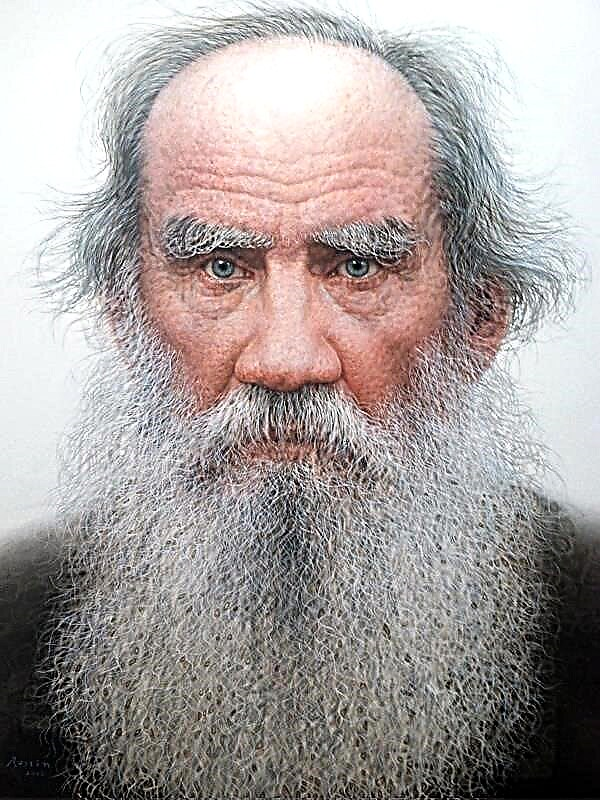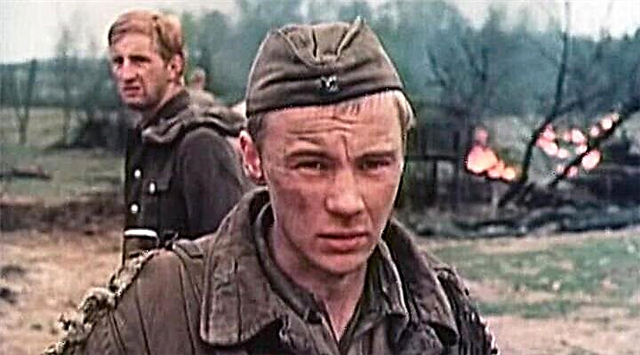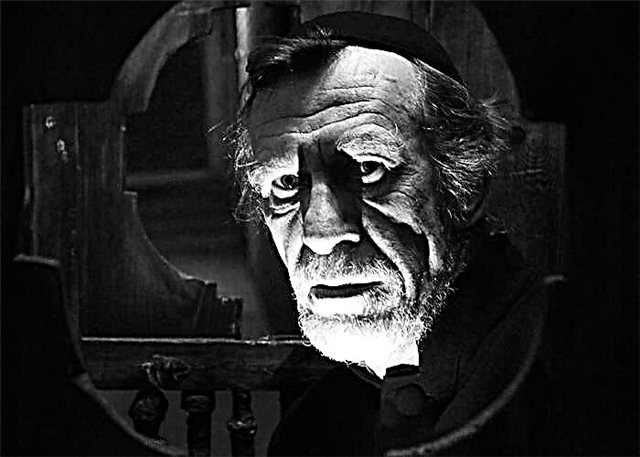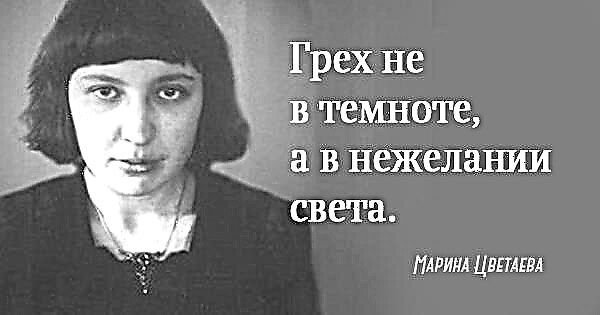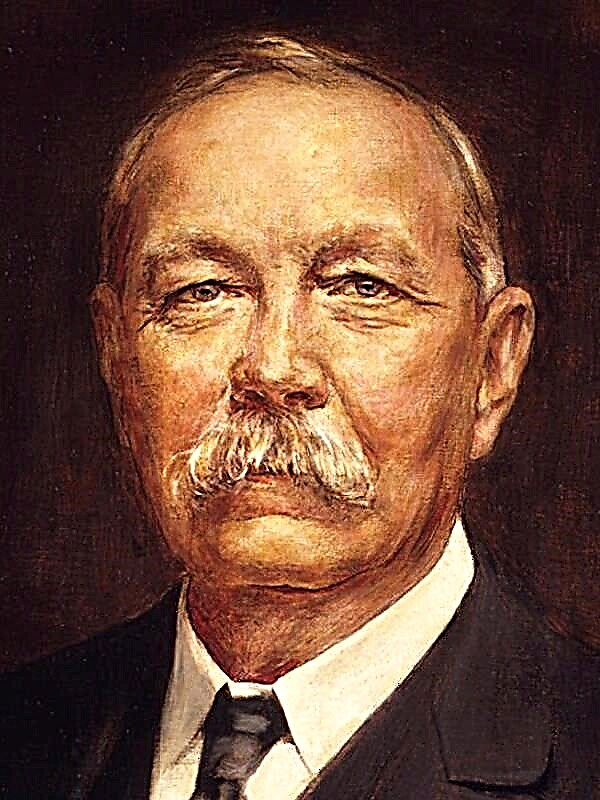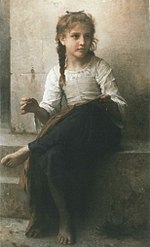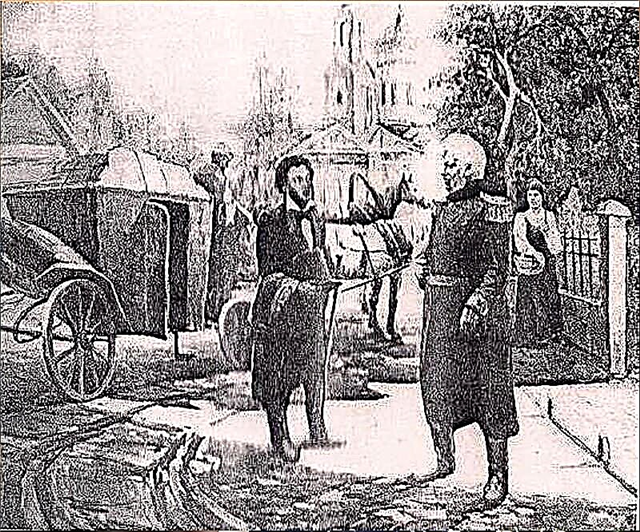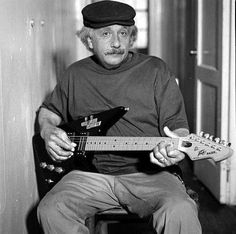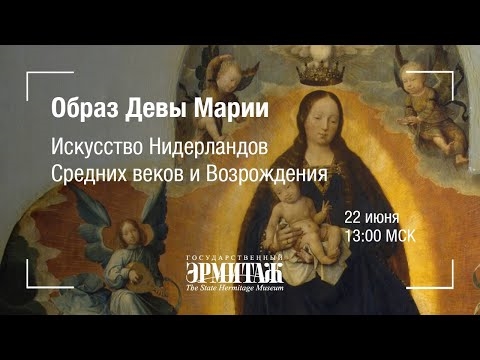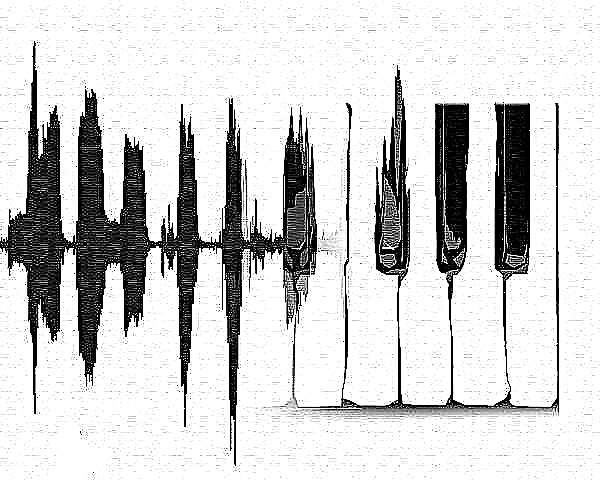(396 words) Who is the main character of Pushkin's “Captain's Daughter”? Surprisingly, not a daughter, and not at all captain. It would seem, obviously - the narrator, he is Grinev. But Marina Tsvetaeva saw Pugachev "the only protagonist of the story." Why, there’s female sentimentality: Tchaikovsky was so inspired by the image of the Russian people's revolutionary that for several years he had hatched the idea of creating an opera based on The Captain’s Daughter. It was stopped by an oxymoron typical of the Russian soul: the villain at Pushkin turned out to be so colorful and close that he couldn’t help but be charmed, and censorship would simply not have missed a kind of hymn to Pugachev. Here they are, Grinev and Pugachev - immortal characters, heroes of works of art and school essays, brightly painted by the hand of the Sun of Russian poetry. And the story is called "The Captain's Daughter." Something is clearly wrong here.
Romantically-minded Pushkinists would certainly argue fervently: “How! Marya Mironova is a support, a connecting link, a sort of plot singularity! This, thanks to her modest image, creates a plot movement, Grinev’s spiritual transformations, a conflict with Mop and a moral clash with Pugachev. Yes, it’s exclusively Marya, the quintessence of the people: impeccably kind and honest (I quote Tchaikovsky again), direct and pious, sacrificial and painfully Russian. ” Maybe so. Or maybe the torment of the aforementioned composer was only an echo of the problem confronting Pushkin himself; only now he solved it with his inherent, it seems, only genius and grace.
The Captain's Daughter is the tip of the iceberg of the writer’s long and hard work; the summit is certainly literary and artful, but only the summit. Since 1832 (and the story was published four years later), Alexander Sergeyevich has been working in the archives of the Ministry of Foreign Affairs, the Hermitage library, and with the permission of the emperor, he has been studying secret documents: reliable material is needed to work on a historical chronicle.
There was no talk of a special artistic heroic plot: of the 783 documents studied, 122 Pushkin almost literally cites in his essay. An overwhelming historical study, the study of denunciations, decrees, acts, orders, stories, rumors, folklore: “The History of the Pugachevsky Revolt” was published in a print run of 3,000 copies and almost no one liked it. And Alexander Sergeyevich writes a story - lively, colorful, imbued with the spirit of the times and humanity. According to P.V. Annenkov, "the succinct and only outwardly dry exposition adopted by him in" History "seemed to find an addition to his exemplary novel, which has the warmth and charm of historical notes." And here, at the peak of the popularity of the historical novel, when you can condemn your story for censorship for such a warm interpretation of the Pugachevschina theme, Pushkin truly brilliantly solves the problem: leaving documentary data, detailed the colorful image of Pugachev, investing humanity in the idea of rebellion, he makes the main characters of Peter Grinev, a hero of his era, and Masha Mironova - almost canonically pure, folk, beloved and plot-forming captain's daughter.

